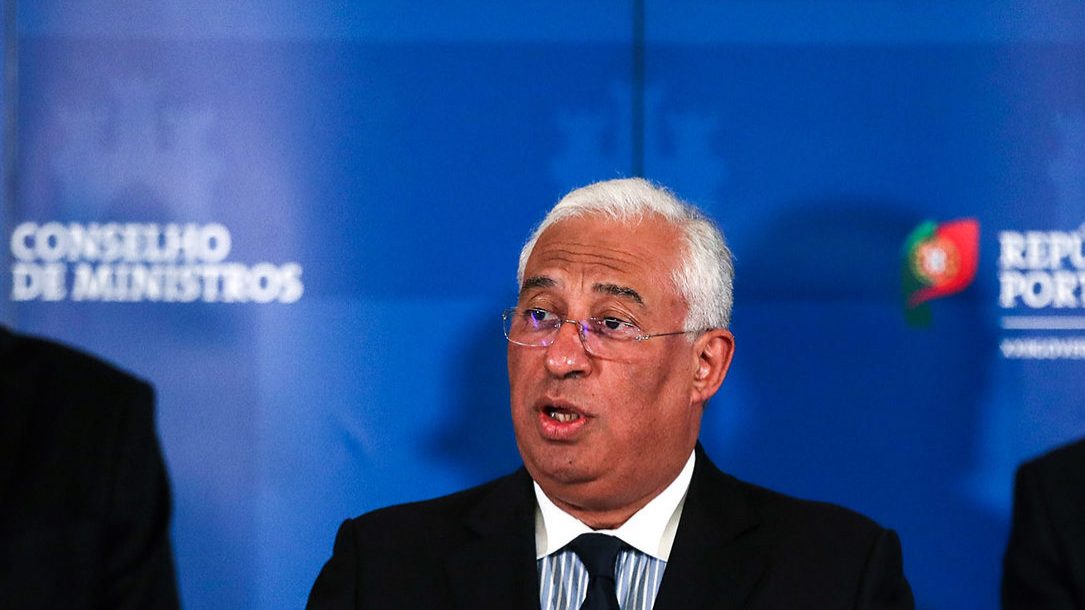Sea industries want €5B investment in Portugal by 2030
The CIP Strategic Council for the Economy of the Sea announced in a statement that the sea industries want to invest 5 billion euros in Portugal by 2030.
Sea industries want to invest 5 billion euros in Portugal by 2030, calling for a total of 2.5 billion euros from Europe to meet this goal, according to the CIP Strategic Council for the Economy of the Sea.
According to the CIP – Confederation of Portuguese Business, “the industries of the sea want to invest 5 billion euros in Portugal by 2030 – in sectors ranging from ports and shipbuilding to fishing and fish processing, from blue biotechnology to tourism and the environmental economy – requiring 2.5 billion euros from Europe to re-launch the sector,” reads a statement.
Quoted in the same statement, Manuel Tarré, president of the body, said that “the 252 million euros of European funding announced by the Prime Minister in the new chapter that will be included in the Recovery and Resilience Plan – PRR are a first step in this ten-year strategy.
These investments will help Portugal “make its ports, its commercial and fishing fleets, its digital underwater communications, its food industry and its tourism competitive on a global scale and for this, it is necessary that the Government allocates the sector 2.5 billion euros of the 61.2 billion in European subsidies that the country will receive by 2030.
In the statement, CIP says that, according to data released by the Prime Minister to the Economic and Social Council on 23 February, “11.2 billion euros of PT 2020 – almost half of the 23 billion available since 2015 – are still to be executed”, recalling that to this amount are added 33.6 billion euros of the next European multiannual financial framework 2021-2027 and 13.9 billion euros of the European “bazooka.”
“As the sea sector is one of the country’s biggest exporters, moving 6 billion euros per year corresponding to 3% of GDP [Gross Domestic Product], 2.5 billion in ten years – 4% of the total sums that the European Union will make available to Portugal – are an indispensable lever to promote the country’s development and the change of its economic model,” says Manuel Tarré.
He indicates that “this amount will be applied in the renovation of ports, in blue biotechnology, in the manufacturing industry, in the qualification of Portuguese merchant navy vessels and also in the fishing fleet,” adding that “the decarbonisation of the fuels used in ships and the digitalisation of their operation is essential to increase their competitiveness in the global market”.
The “renewal of the fleets is fundamental for the leap that needs to be made in the quality of work and product,” argues Manuel Tarré, guaranteeing that “this process will also require a highly qualified workforce” that will be “better paid and more productive throughout the industrial chain.
In the same statement, the organisation noted that “the upgrading of ports and their electrification are essential to the restructuring plan that needs to be implemented,” noting that it will also be necessary to “launch a vast training and retraining programme for the 190,000 professionals in the maritime industries.
“The government has given a sign that it understands that the sea sector is central to the change in the country’s development model,” Manuel Tarré concluded, assuring that the executive “cannot, therefore, leave investors and businessmen alone in their work.


